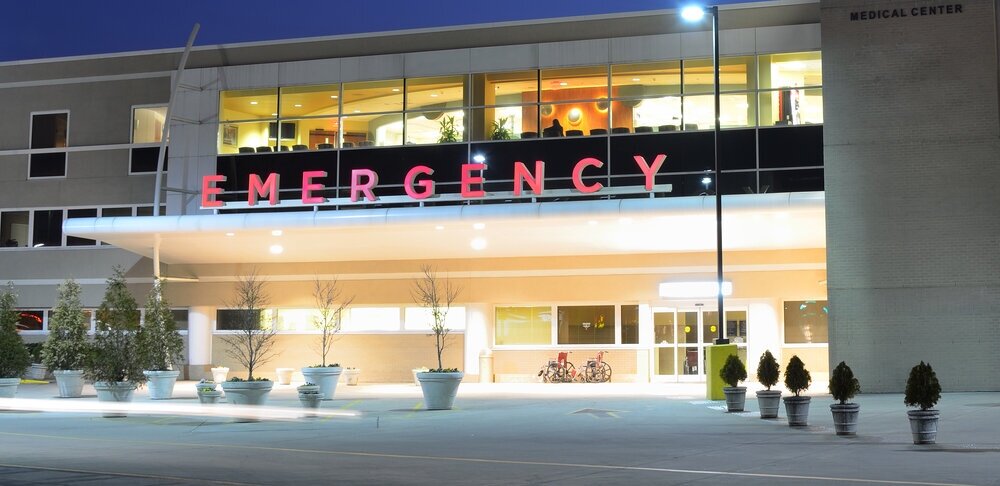Patient Safety
"Two out of three people overestimate treatment benefits and/or underestimate harm."
En Español | A real threat of today’s medicine is the overdiagnosis of disease. There are two factors contributing to this issue.
First, we have achieved many advancements in technology, which in turn means that we have developed tests that are too good at finding and detecting things that would previously go unnoticed, including benign tumors and tumors that may be diagnosed as a cancer but which might never evolve into such.
In addition, regulation agencies have imposed guidelines, like Pay-for-Performance, as an effort to improve the delivery of care, where compensation is based in quality and quantity of services provided. Unfortunately, this method is still ineffective as a big percentage (sometimes up to 70%) of compensation is determined by the Fee-for-Service criteria, which allows healthcare providers to earn MORE money the MORE patients they target with diagnoses. It has been proven that Pay-for-Performance programs have not been consistently effective in improving patient outcomes.
Overdiagnosis can lead to overtreatment, either by medication or surgery. In some instances, these treatments produce side effects that can generate real harm.
When being diagnosed, first always ask “What else can it be?”, you may also want to consider getting a second opinion (like if an invasive procedure, difficult drug -such as chemotherapy- or life long drug has been suggested), or adopt the watchful waiting approach. You may also choose to follow the recommended treatment, if this is what works best for you, but remember that when considering having a test done, it is important that you know that sometimes an early diagnosis is not necessarily better.
It is a good practice to follow the US Preventive Services Task Force (USPSTF) recommendations for screening, and not be screened in more aggressive ways.
The Downsides of Overdiagnosis
Negative effects of being stigmatized.
Possible harm derived from overtreatment.
Costs of wasted resources.
Cancer Screening
Finding an abnormality in a screening test it is extremely common, lesions found can be:
“Turtles” as experts call them, meaning that they move too slowly to ever be dangerous, they don’t need treatment.
Birds, which move so fast that you’ll never catch them, and thus end up being too late to treat them.
Bears, which move slowly enough that you will be able to catch them, these are the dangerous ones, the ones that screening makes a difference on.
It is one out of three that screening test are useful for, and doctors can’t tell which cancer will progress and which will not, so the tendency is to treat them all, and ALL treatments come with potential harms.
Ask Your Health Care Professional
WHEN SCANNING/TESTS FOR CANCER
What is likely to happen if you don’t do a screening?
What are the chances of false positives ( a positive result of having the disease when you don’t really have the disease) and false negatives ( a negative result of having the disease when you do have the disease)? What does it mean for my actual risk of developing the cancer?
If the test is negative what do we do? Are we done? Will we have ruled out the disease? If not, should we investigate with a different test?
If the test is positive, what will we do? Is there a proven treatment? If there is not, do you really want to know about the diagnosis?
If the test is nondiagnostic, what will we do? How likely is to be nondiagnostic?
What is the benefit from treatment?
What is the harm from treatment?
How many deaths are really avoided?
WHEN SCREENING FOR BLOOD PRESSURE/CHOLESTEROL/GLUCOSE
What is my risk of cardiovascular disease based on my risk markers?
How much is this reduced with treatment?
What is the potential harm of treatment?
Resources
US Preventive Services Task Force
Independent volunteer panel of national experts that provide evidence-based recommendations and guidelines on clinical preventive services.
A doctors’ group initiative, that provide lists of tests and procedures that are usually overused and that should be avoided.




